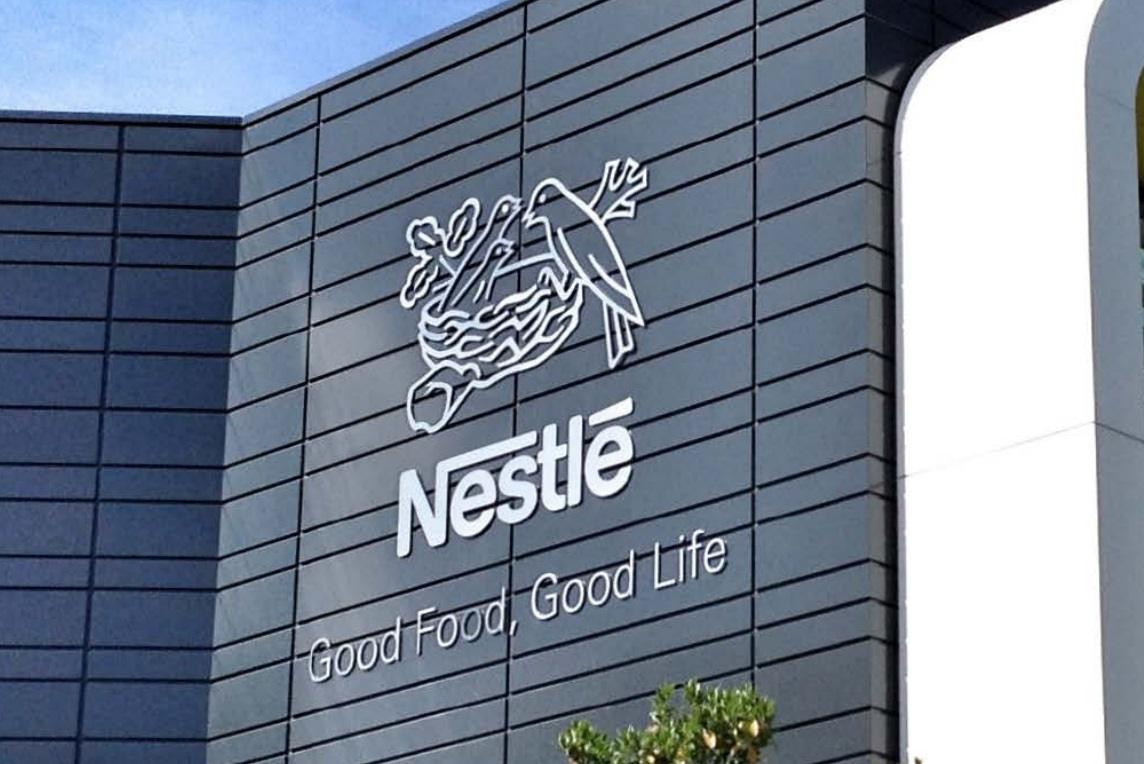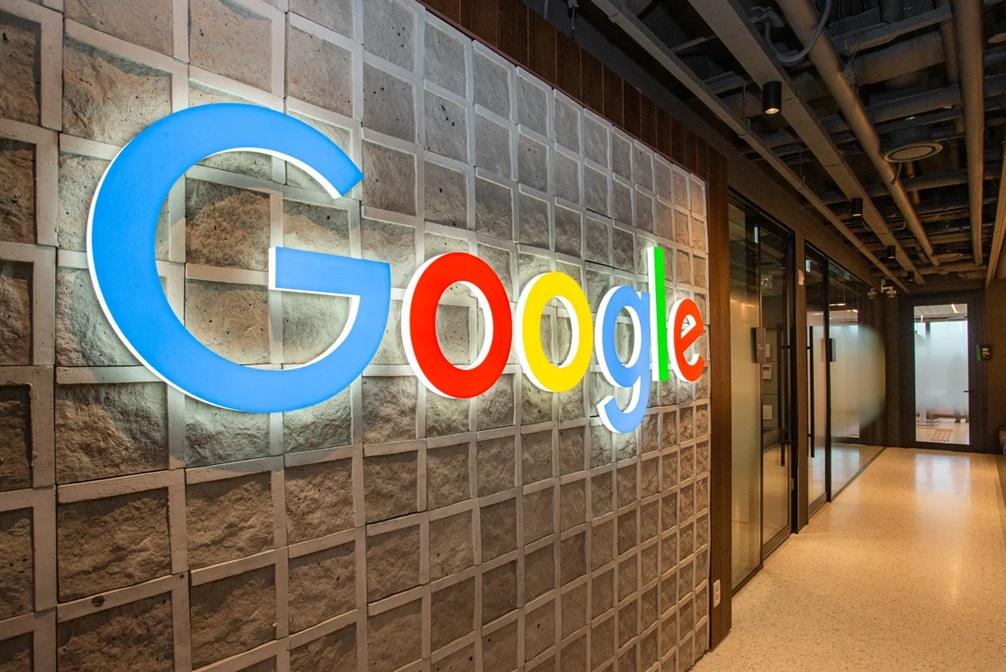Vodafone Accelerates Emission Goals by 10 Years, Targets Net Zero Carbon in 2040
Leading telecommunications company Vodafone announced today that it is bringing forward its carbon emission reduction targets by 10 years, and has now committed to reach net zero carbon, including Scope 3 emissions by 2040.
The company also announced that its 2030 carbon reduction targets have been approved by the Science Based Targets initiative (SBTi), in line with reductions required to keep warming to 1.5°C, the most ambitious goal of the Paris Agreement, and SBTi’s most stringent category. Vodafone’s 2030 targets include eliminating all carbon emissions from its own activities and from energy it purchases and uses (Scope 1 and 2), as well as halving halve carbon emissions from Scope 3 sources, including joint ventures, all supply chain purchases, the use of products it has sold and business travel.
Vodafone Group CEO Nick Read said:
“Vodafone believes in leading by example, so today we have pledged to become fully ‘net zero’ by 2040 and the Science Based Targets initiative has confirmed that our 2030 carbon targets are in line with the most ambitious goal of the Paris Agreement.
“We are committed to reduce our carbon footprint through improved energy efficiency, renewable energy supply, reducing our network waste and new environmental criteria when we select suppliers. Vodafone will also enable our customers to reduce their environmental footprint through use of our services, including the Internet of Things.”
SBTi was formed as a collaboration between CDP, World Resources Institute (WRI), the World Wide Fund for Nature (WWF), and the United Nations Global Compact (UNGC), with the goal to establish science-based environmental target setting as a standard corporate practice. Achieving approval of targets by SBTi is a significant milestone for companies’ sustainability efforts.
To date, over 1,000 companies globally have pledged to align their decarbonization plans with the Paris Agreement by adopting science-based greenhouse gas reduction targets, and slightly over 500 companies have had their targets approved by SBTi.
According to Vodafone, the company is among the first major telecoms operators to develop science-based targets that follow the pathway recently developed for the information and communication technology sector through a collaboration between ITU, GeSI, the GSMA, and the SBTi. The pathway sets out specific emissions reduction trajectories in line with climate science for companies operating mobile networks, fixed networks and/or data centres. Vodafone also met the required ambition thresholds of the absolute contraction approach defined by the Science Based Targets initiative.
Tom Delay, Chief Executive at the Carbon Trust, developers of ICT sector pathway and technical support to Vodafone’s target development, said:
“The Carbon Trust is proud to have supported Vodafone in the creation of these ambitious targets aligned with the science and global ambitions required to keep global warming within 1.5°C. This strategy will put Vodafone on a clear path to a 1.5°C future and will be at the forefront of a sector taking a clear leadership role in reducing their emissions and enabling others to do so as well.”





